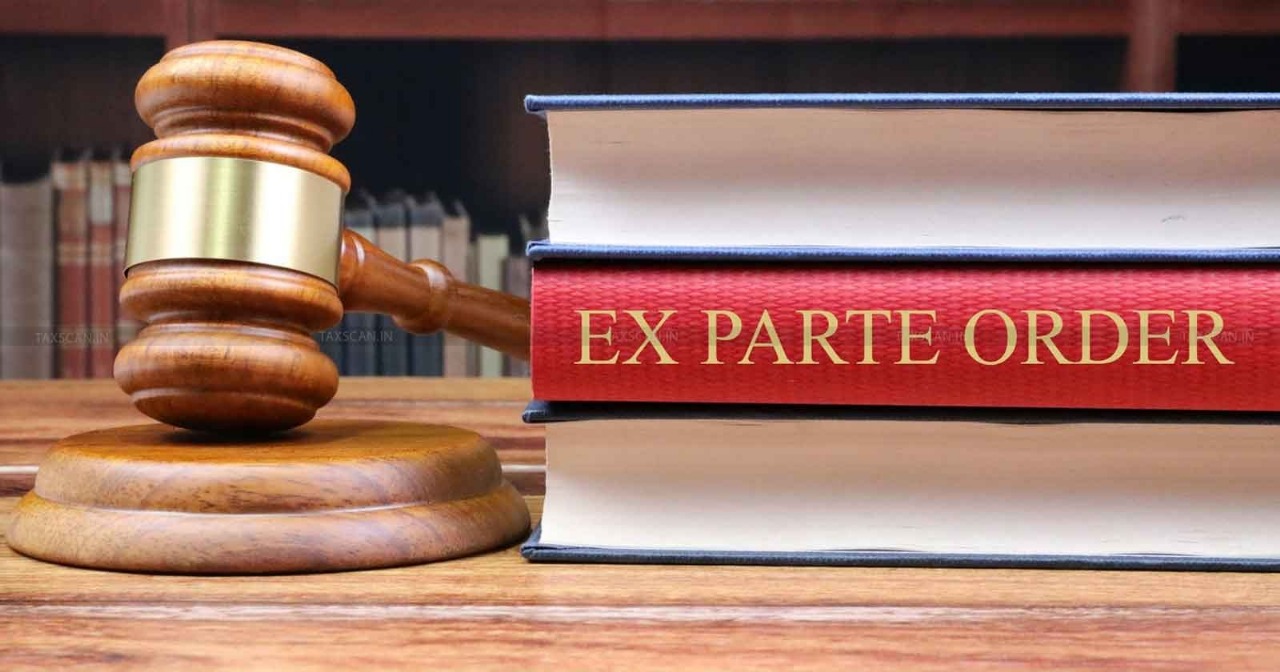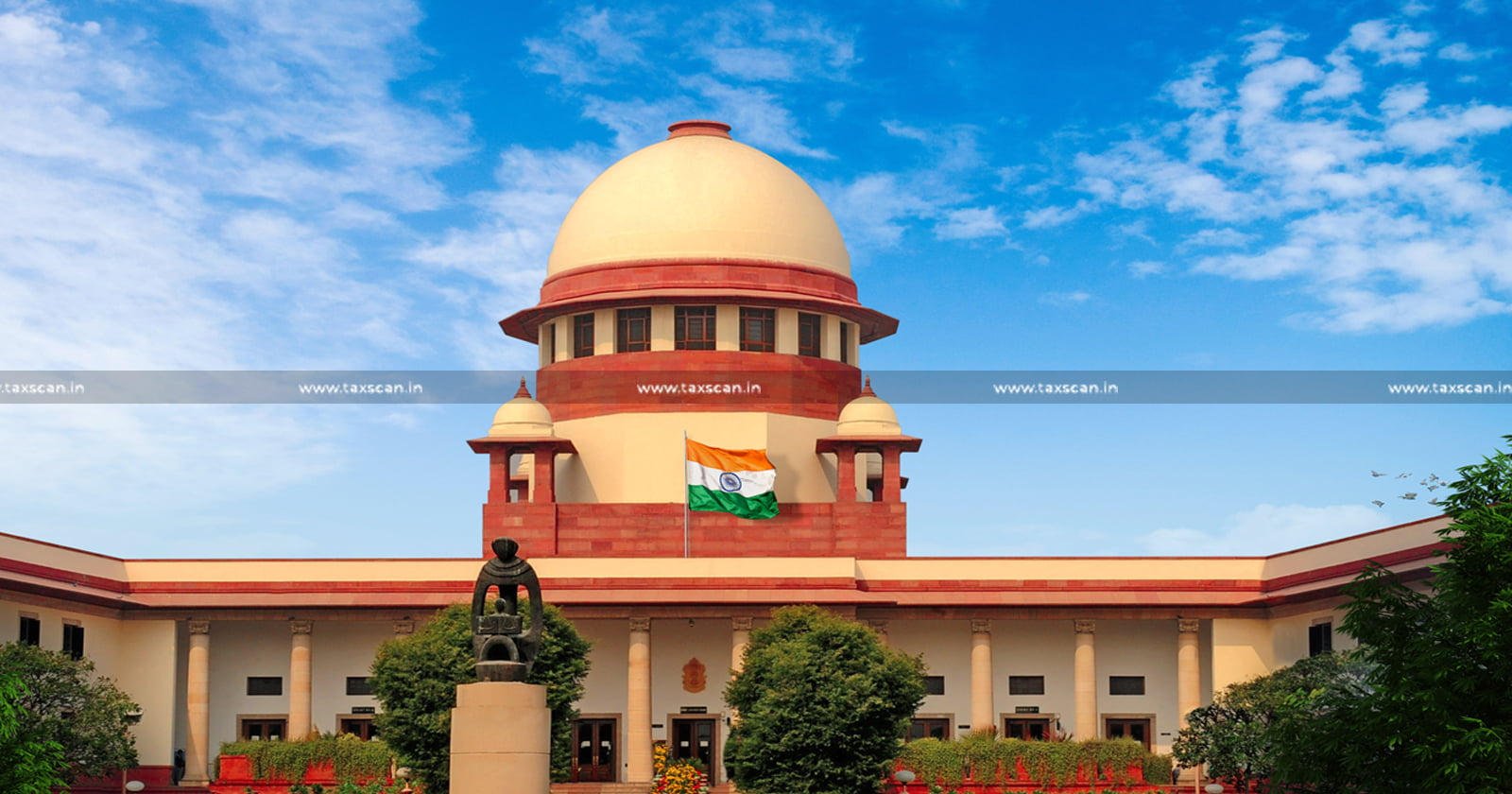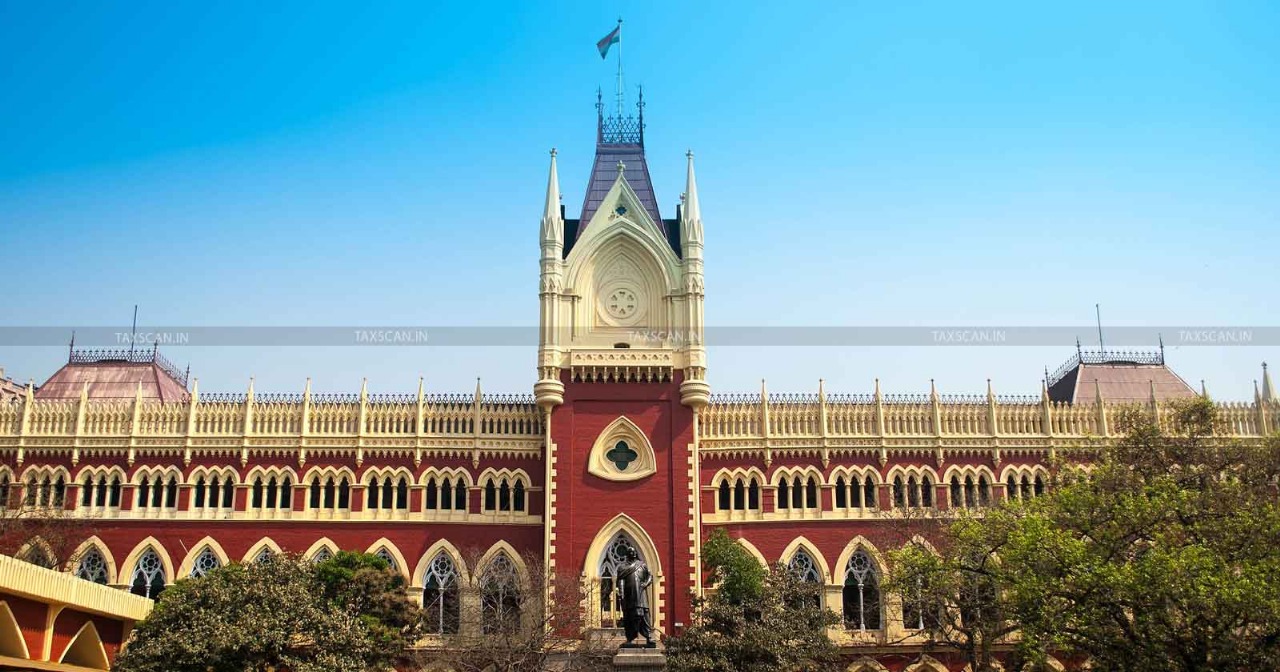Supply of Computer Hardware on Hire is ‘Transfer of Right to Use’, Not ‘Supply of Tangible Goods’: Calcutta HC Quashes Service Tax Demand [Read Order]
The Bench examined the terms of the rental agreement and applied the tests laid down by the Supreme Court in Bharat Sanchar Nigam Ltd. v. Union of India (BSNL case).
![Supply of Computer Hardware on Hire is ‘Transfer of Right to Use’, Not ‘Supply of Tangible Goods’: Calcutta HC Quashes Service Tax Demand [Read Order] Supply of Computer Hardware on Hire is ‘Transfer of Right to Use’, Not ‘Supply of Tangible Goods’: Calcutta HC Quashes Service Tax Demand [Read Order]](https://images.taxscan.in/h-upload/2025/07/10/2062413-service-tax-demand.webp)
The Calcutta HighCourt recently clarified that the supply of computer hardware on hire amounts to a ‘transfer of right to use’ and does not not constitute the service of ‘supply of tangible goods’.
This decision was given by the Calcutta High Court while deciding an appeal filed by the Commissioner of Service Tax II, Kolkata, challenging the order of the Customs, Central Excise and Service Tax Appellate Tribunal (CESTAT), Kolkata by which a substantial service tax demand against the assessee had been quashed.
Practical Case Studies in Forensic Accounting & Corporate Fraud Investigation - Click Here
 Also Read:Ex Parte order demanding GST based on Difference in Turnover from Earlier GST DRC-01A: Calcutta HC directs to provide Opportunity [Read Order]
Also Read:Ex Parte order demanding GST based on Difference in Turnover from Earlier GST DRC-01A: Calcutta HC directs to provide Opportunity [Read Order]
The dispute arose when the Central Excise Department issued a show cause notice to the Respondent-Assessee Computer Exchange Pvt. Ltd., alleging non-payment of service tax on the supply of tangible goods for use, specifically computers, servers, printers, and peripherals specifically pertaining to the period from 2011-12 to 2014-15.
It was the contention of the Revenue that the assessee, by hiring out such equipment without transferring effective control and possession was effectively providing a taxable service under Section 65(105)(zzzzj) of the Finance Act, 1994.
The Revenue further alluded to the fact that various restrictions lay in the rental agreements, such as requiring permission for removal or alteration of the equipment and prohibiting engagement of outside engineers to attend the equipment, all of which were claimed to indicate that the effective control remained with the assessee, and thus shall not constitute a transfer of right to use.
Represented by Uday Shankar Bhattacharyya and Kaustuv Kanti Maiti, the Department pressed that the subject-transactions of provision of computer hardware on hire basis could not qualify as ‘deemed sale’ under Article 366(29A) of the Constitution, despite the assessee having paid Value Added Tax (VAT) on the rental receipts.
On the other hand, the Assessee represented by Ankit Kanodia and Megha Agarwal, contended that the transfer of both the right to use and effective control of the equipment were passed on to the customers for the agreed rental period, for which the Assessee had right paid VAT/GST as applicable and not service tax.
The Bench of Chief Justice T.S. Sivagnanam and Justice Chaitali Chatterjee (Das) examined the terms of the rental agreement and applied the tests laid down by the Supreme Court in BSNL v. Union of India (2006).
In its decision, the Calcutta High Court applied the five-prong test laid down by the Supreme Court in the BSNL case to determine whether the hiring of computer equipment amounted to a ‘transfer of right to use’.
Know Practical Aspects of Tax Planning, Click Here
 Also Read:No VAT/Sales Tax on hiring of Vehicles or Cranes when Control remains with Contractor: Supreme Court clarifies it as 'Service' not 'Sales of Goods' [Read Judgment]
Also Read:No VAT/Sales Tax on hiring of Vehicles or Cranes when Control remains with Contractor: Supreme Court clarifies it as 'Service' not 'Sales of Goods' [Read Judgment]
The Court observed that all five requirements were satisfied in the present case: (1) goods were available for delivery, (2) there was consensus on the identity of the goods, (3) the client (transferee) had a legal right to use the goods, (4) the right to use was transferred to the exclusion of the assessee (transferor) during the agreement period, and (5) the owner could not transfer the same rights to another party simultaneously.
The Court found that minor contractual restrictions did not negate these conditions, thereby holding that the transactions constituted a transfer of right to use as per the BSNL guidelines.
Accordingly, the High Court dismissed the Department’s appeal, affirming the CESTAT’s decision while setting aside the entire service tax demand on the reasoning that the subject- transactions were ‘deemed sales’ liable to VAT and not subject to service tax as supply of tangible goods.
Support our journalism by subscribing to Taxscan premium. Follow us on Telegram for quick updates



